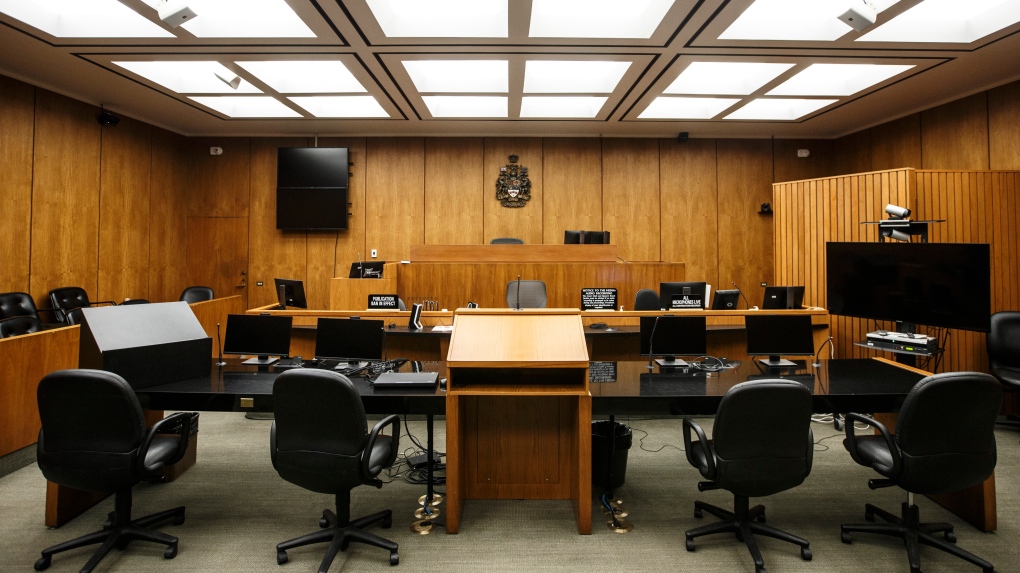
A pair of LGBTQ2S+ advocate organizations say they’ve followed through with their plan to challenge Alberta’s three transgender bills in court, starting with one that bars doctors from providing gender-affirming treatment such as puberty blockers and hormone therapy for those under 16.
Bennett Jensen, legal director at Egale Canada, says the groups, which also include Skipping Stone and five Alberta families, are opposing Bill 26 first because parts of the legislation are already in effect.
Jensen says the groups submitted an originating action with Court of King’s Bench late Friday, but due to the late hour, it would not get processed until Monday.
The groups argue Bill 26 violates gender-diverse young people’s section 7 right to security of the person, their section 12 right to be free from cruel and unusual treatment and their section 15 right to equality.
A spokesperson for Alberta’s justice minister says in an email that the government believes the legislation “strikes an appropriate balance,” but that it would be inappropriate to comment further since the matter is now before the courts.
The groups behind the challenge argue the bill also violates the newly-amended Alberta Bill of Rights, including the right to not be subjected to, or coerced into receiving medical care, medical treatment or a medical procedure without consent.
“If you deny a kid access to blockers and then they go through permanent changes via puberty, they then have to pursue medical treatment and interventions to undo the effects of (puberty), so that is how the coercion is operating,” Bennett Jensen, Egale’s legal director, explained in an interview Saturday.
All three of the transgender bills passed the third and final reading in the legislature this week.
Part of Bill 26 also includes a prohibition on gender-affirming “top” surgeries for minors, which Jensen said went into effect as soon as the bill received royal assent on Thursday.
Among other new requirements in the bills which will come into effect later, children under 16 will need parental consent if they want to change their names or pronouns at school.
A similar law governs school policy in Saskatchewan, where the government invoked the notwithstanding clause last year, a measure that allows governments to override certain Charter rights for up to five years.
Premier Danielle Smith has said she doesn’t believe she’ll need to invoke the Charter’s notwithstanding clause to shield her government’s bills from legal challenges.
“We will put forward a robust case — that this (legislation) is reasonable in a free, democratic society, that it’s evidence-based, and that we’re protecting children and their right to be able to make adult decisions as adults,” Smith told an unrelated news conference on Wednesday.
Parents will also have to opt-in for their children to receive lessons in school on sexuality, sexual orientation and gender identity.
Outside resources or presentations would also need to be pre-approved by the Education ministry, unless they’re part of a religious school program.
Transgender athletes will no longer be allowed to compete in female amateur sports, and sports organizations would be required to report eligibility complaints to the government.
“This government has acted directly counter to expert guidance and evidence, as well as the voices of Albertan families, and introduced policies that use fear and disinformation to target a small and vulnerable part of the community: 2SLGBTQI young people,” Amelia Newbert, co-founder and Managing Director of Skipping Stone, said in a news release.
This report by The Canadian Press was first published Dec. 7, 2024